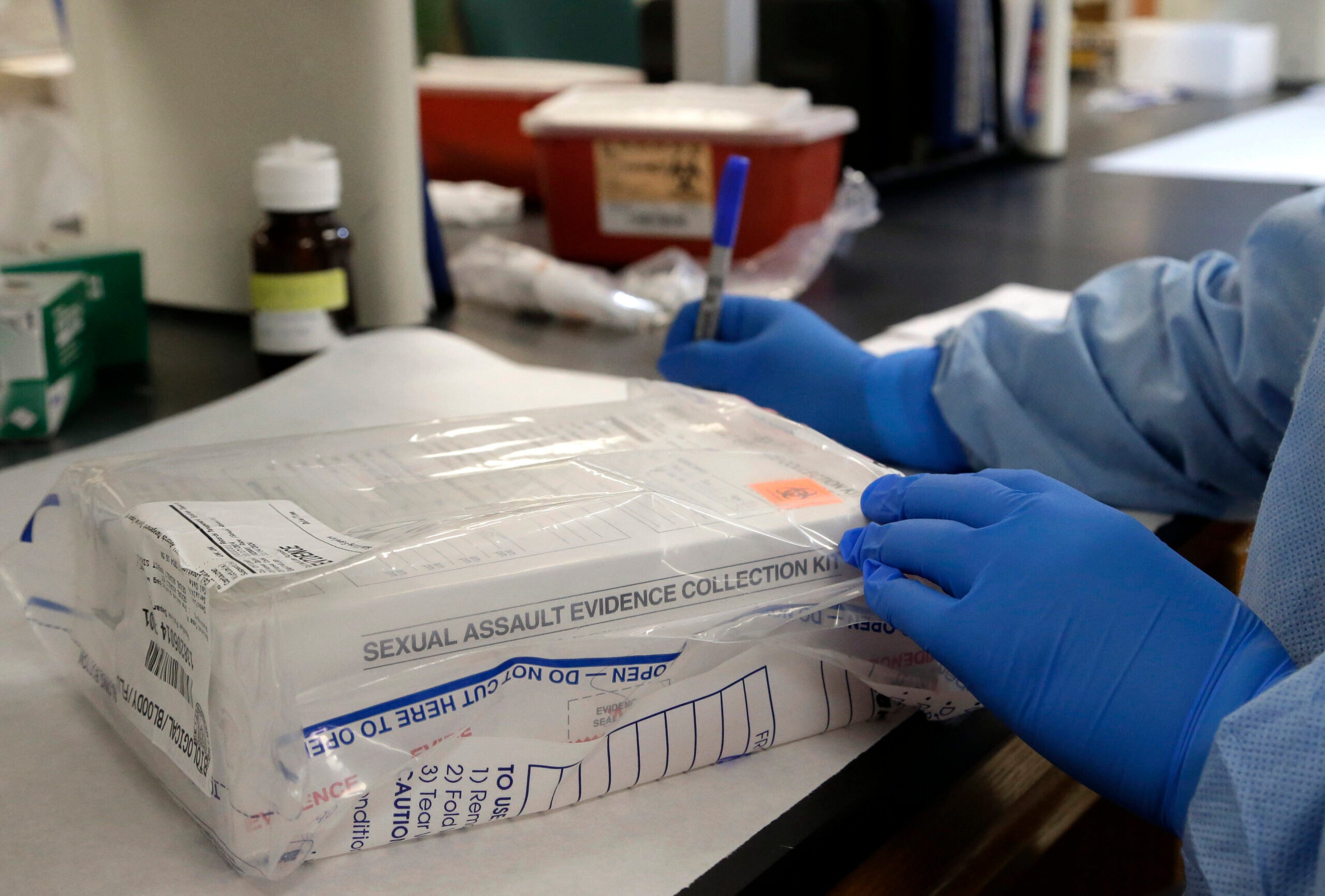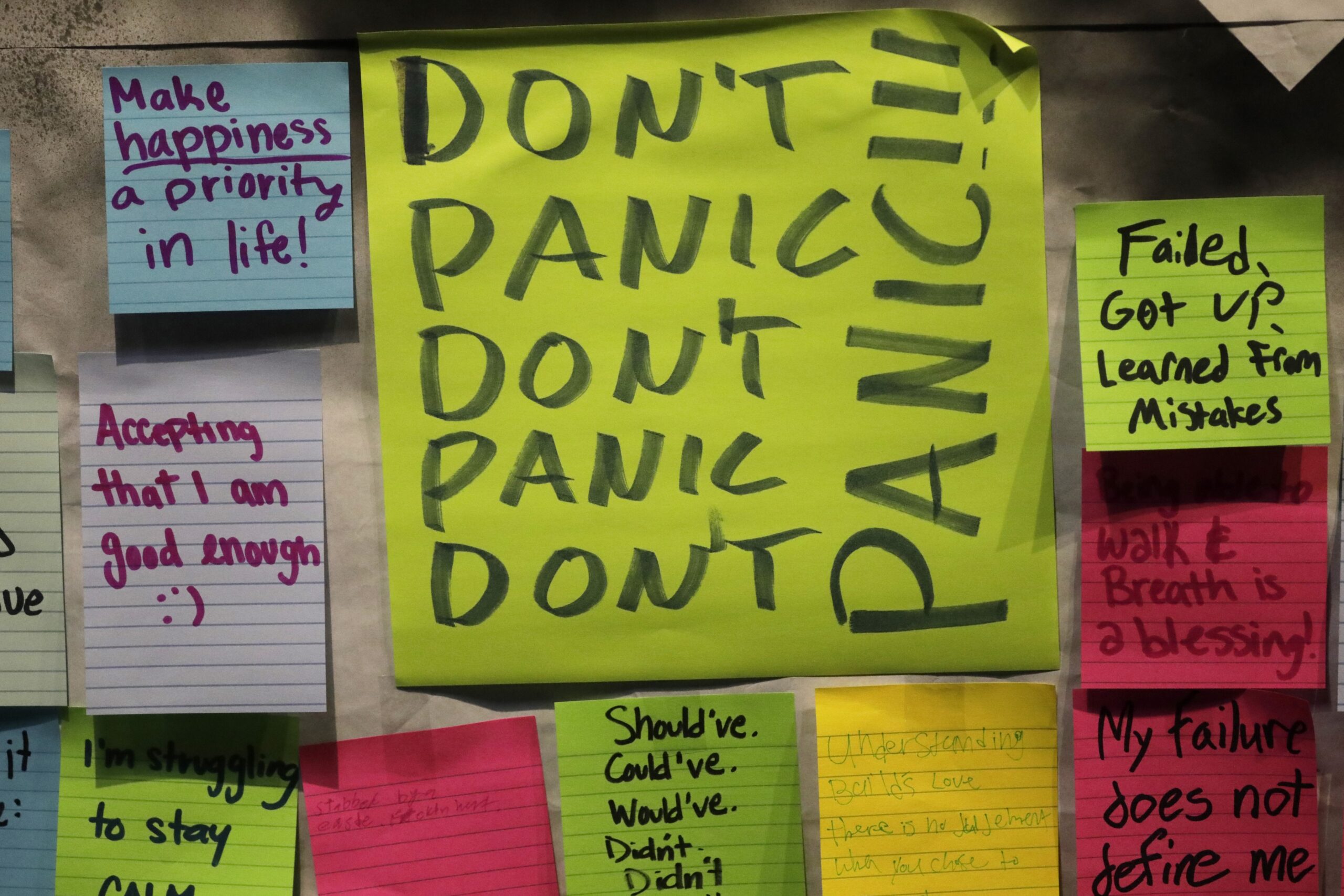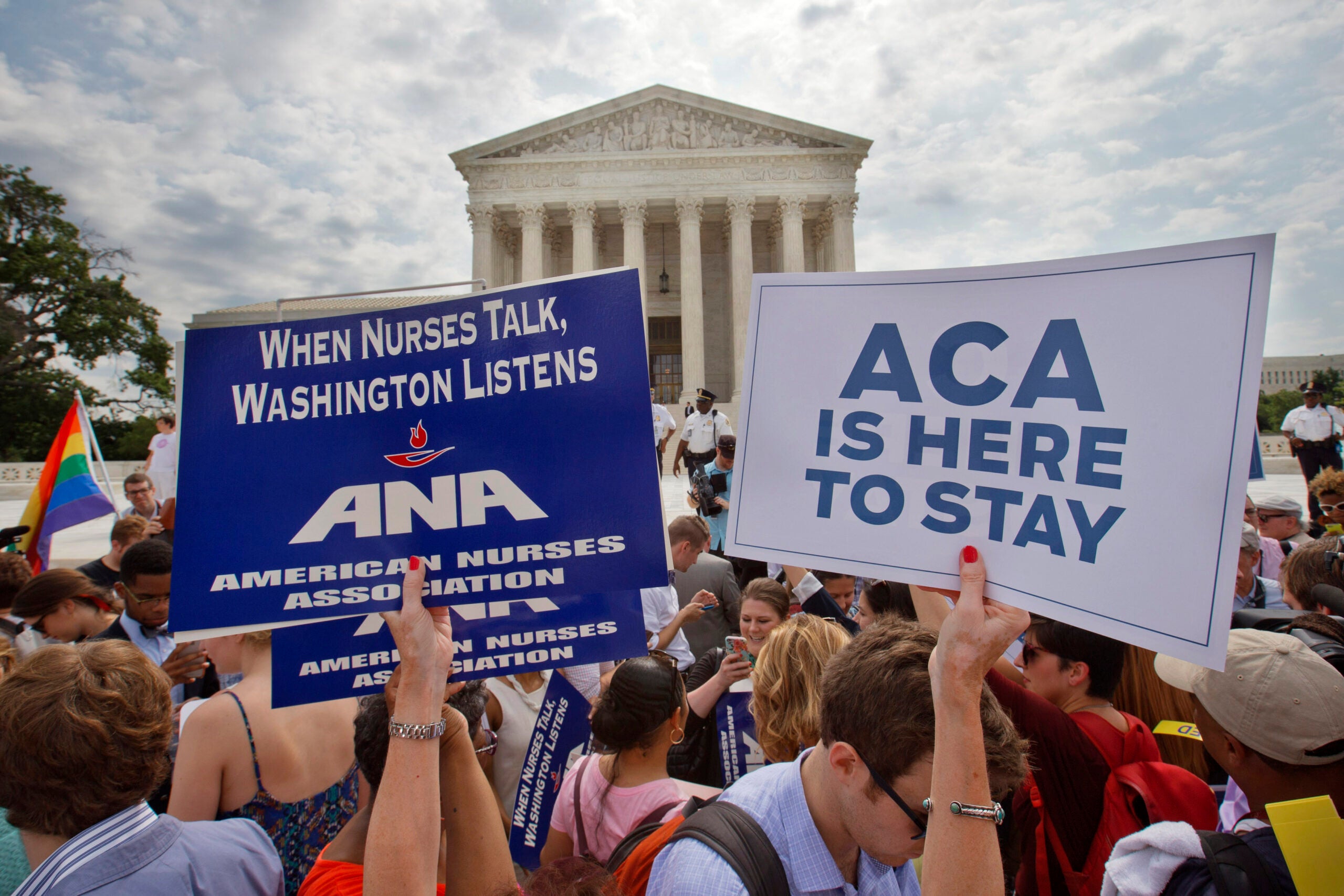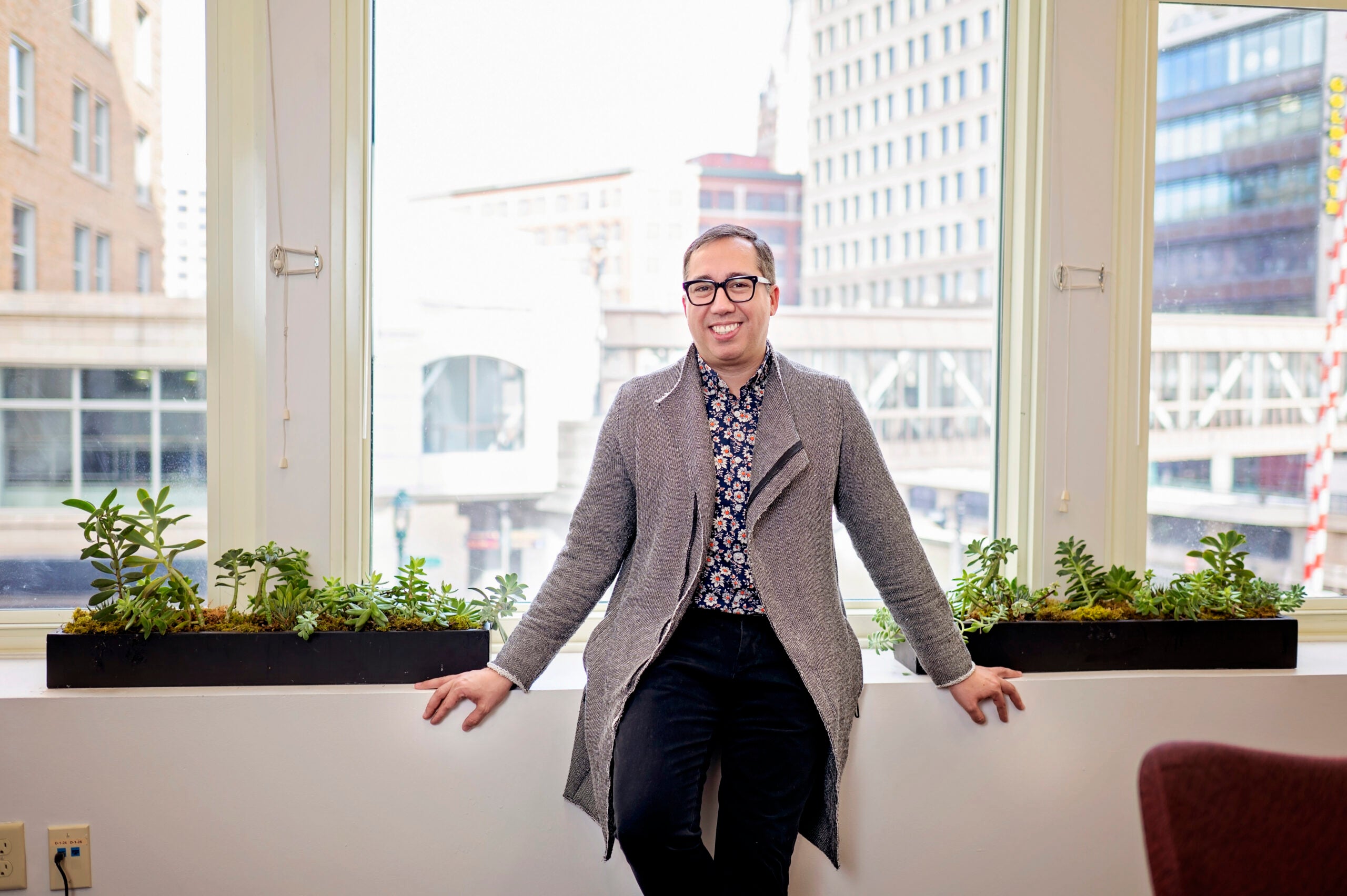Several counties in Wisconsin don’t have a local health care facility that can provide forensic examinations for survivors of sexual assault, according to the state Department of Justice.
In order to get proper care after such a traumatic experience, survivors in some parts of the state have to drive an hour or more to find a clinic that offers sexual assault nurse examiner services known as SANE exams.
The nonprofit community health provider Healthfirst has stepped up to fill that gap in Adams County and started a SANE program at its clinic in Friendship on June 1.
News with a little more humanity
WPR’s “Wisconsin Today” newsletter keeps you connected to the state you love without feeling overwhelmed. No paywall. No agenda. No corporate filter.
Before this, survivors in the rural central Wisconsin county had to drive to either Stevens Point, Oshkosh or Madison for this level of care.
Healthfirst CEO Jessie Scharfenberg said her organization has found a sustainable model for providing these services and is looking into adding more locations for it around the state.
She joined WPR’s “Wisconsin Today” to discuss the importance of SANE services and the challenges that come with providing health care in rural areas.
The following was edited for clarity and brevity.
Kate Archer Kent: What happens when a community or larger area of the state doesn’t have a SANE program?
Jessie Scharfenberg: There’s really three things that could potentially happen. One, the individual just does not receive care. Two, they have to travel an hour or two hours to a health system that does provide the care. Or we often see delayed reporting, because at that time they don’t want to travel, but maybe a week later or a month later, they may seek care outside of the normal time frame in which someone would receive care for a sexual assault examination.
There are so many barriers for individuals who’ve survived an assault. We’ve been really looking at how to break down those barriers so that we can get individuals into care quickly, and they can have the medical screening processes done that need to be, and if they want to report, getting that over to law enforcement in a timely manner.
KAK: What happens when sexual assault reporting is delayed?
JS: One of the things that happens is, there’s not the evidence to collect because it’s been so long that the evidence could be washed away from taking a shower. It’s just not on the body any longer. But more importantly, what we are seeing with delayed reporting is victim shaming. We hear a lot of, “Why didn’t you come forward sooner? Why didn’t you have an exam sooner?” And it’s really important to acknowledge that survivors are on their own schedule, and we need to support that schedule. The way we can support that schedule is having easy access to care.
It’s not like calling your normal provider: “Hey, I want to be scheduled in a month. I have this day open at this time.” When we’re looking at evidence collection, we need the evidence to be there. A month out, it’s not going to be there. So being able to have a SANE program with nurses on call that can respond in that timely manner is very important.
KAK: How big of an issue is sexual assault in Adams County and other rural Wisconsin communities?
JS: Sexual assault is on the rise in rural Wisconsin. We see a lot of sexual assault and predatory behaviors that are happening as a result of social media and other things. There is trafficking that happens in Wisconsin Dells, which is in the northern part of Sauk County but also the southern part of Adams County.
KAK: Why can’t a standard registered nurse perform these sexual assault exams? Why do they require special training?
JS: Because of the in-depth evidence collection that happens, it takes a very special person who is extremely detail-oriented to be able to go through the process, being able to look at the human body and pick up on, “Oh, that’s a scratch. We should take a picture of that scratch. Maybe we need to be looking under fingernails.”
There’s also specialized training around strangulation, as well. So really, that forensic side of things is something not just a regular nurse can do because it takes a lot of time, commitment and practice to really hone in on those skills when an individual who was assaulted comes in.
KAK: How can a program like this affect or increase the quality of life in a community?
JS: Hugely. If we have survivors receiving immediate care, we can address all of the health care concerns that can happen after a sexual assault. So getting immediate access to health care is extremely important. But then also, maybe we get them access to mental health care, maybe we can help get them the financial resources that they need to break away from their abuser. There are so many areas in which health equity and social determinants of health can be impacted by offering a SANE exam.






